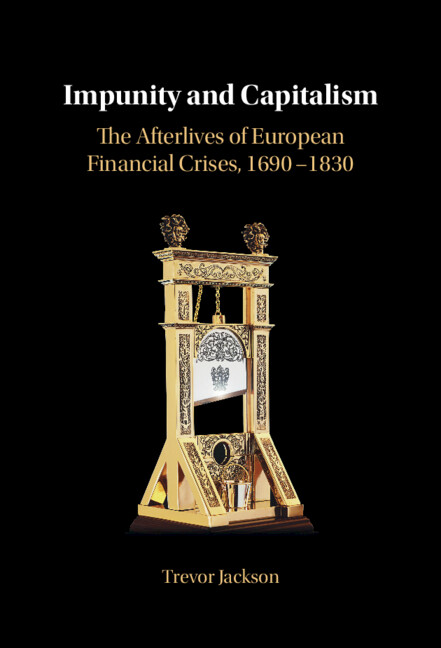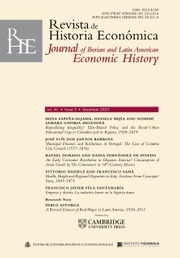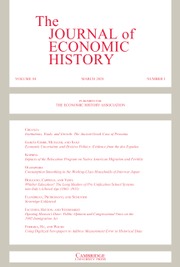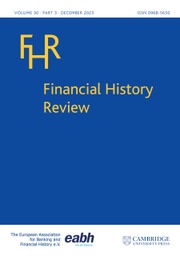The Capitalist Self
In this radical reinterpretation of the Financial Revolution, Craig Muldrew redefines our understanding of capitalism as a socially constructed set of institutions and beliefs. Financial institutions, including the Bank of England and the stock market, were just one piece of the puzzle. Alongside institutional developments, changes in local credit networks involving better accounting, paper notes and increased mortgaging were even more important. Muldrew argues that, before a society can become capitalist, most of its members have to have some engagement with 'capital' as a thing – a form of stored intangible financial value. He shows how previous oral interpersonal credit was transformed into capital through the use of accounting and circulating paper currency, socially supported by changing ideas about the self which stressed individual savings and responsibility. It was only through changes throughout society that the framework for a concept like capitalism could exist and make sense.
- Provides an empirically grounded explanation for capital as a tangible thing, rather than a nebulous concept
- Reinterprets the Financial Revolution arguing for the significance of local credit networks alongside larger institutions
- Highlights the importance of the early modern self through its relation to economic practice
Reviews & endorsements
‘This book explores the multiple economic, institutional, moral and social components that enabled capitalism to penetrate down to the village elite and to produce profound social upheavals. Through rich analysis carried out close to the various actors, this book fundamentally renews our knowledge of the birth and development of capitalism in Britain.’ Laurence Fontaine, author of The Moral Economy: Poverty, Credit, and Trust in Early Modern Europe
‘Craig Muldrew’s first book, Economy of Obligation, now recognized widely as a classic, fundamentally changed our understanding of the early modern culture of credit. The Capitalist Self will have a similarly transformative effect, this time on how scholars think about the culture of capital. Here, Muldrew powerfully combines social history, intellectual history, and economic history to produce a fresh new take on the Financial Revolution and the socialization of capital. This new view explores institutions and beliefs, often with a focus on rural conditions, throughout Britain, as well as its North American colonies. This book will spark discussion, controversy, and rethinking. It is a brilliant book!’ Carl Wennerlind, author of Casualties of Credit: The English Financial Revolution, 1620–1720
‘In this challengingly original study, Muldrew brings extraordinarily rich erudition to bear in redefining Britain’s nascent capitalist system, illuminating not only emergent economic institutions and practices, but also the ethical shifts that validated them and their impact on social relations and identities.’ Keith Wrightson, author of Earthly Necessities: Economic Lives in Early Modern Britain
Product details
December 2025Hardback
9781009644471
480 pages
229 × 152 mm
Not yet published - available from December 2025
Table of Contents
- Introduction: capitalism and dependence
- 1. Early modern capitalism: a concept too big to fail?
- 2. Value in motion: the inheritance of merchant capital and debates over credit
- 3. The financial revolution in the provinces: the creation of local paper currencies
- 4. Little land banks: the mortgaging revolution
- 5. An ethical fulcrum: from participation in the body of Christ to the happy self
- 6. Practical ethics, the self, and the economy in an era of religious dissent
- 7. Litigation decline and the transformation of legal culture
- 8. The dark side of thrift: capital and class formation – institutional stability and ethical inequality
- 9. The success of the first 'modern' banks: Scotland and the thirteen colonies, and failure in France
- 10. The emergence of local bankers in England, savings and Adam Smith's 'Capitalism'
- Conclusion
- Epilogue: the phantom of liberty.










